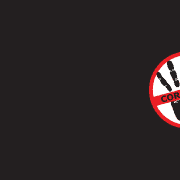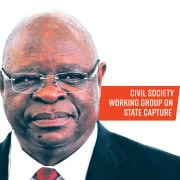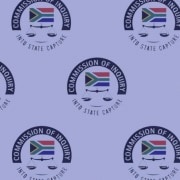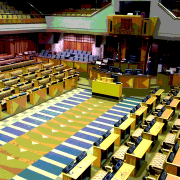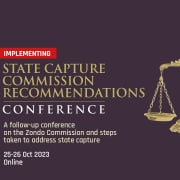|
Getting your Trinity Audio player ready...
|
Former evidence leader and head of the legal team of the state capture commission, Advocate Paul Pretorious, believes that for government’s efforts to fight capture to succeed, all institutions charged with implementing recommendations would have to look back at the commission for inspiration.
The commission, which was chaired by former chief justice Raymond Zondo from 2018 to 2022, espoused certain features that made it a successful inquiry, according to Pretorius. He was the keynote speaker at this year’s state capture commission conference – hosted annually since the end of the commission by the Public Affairs Research Institute and the Council for the Advancement of the South African Constitution – in Johannesburg on Friday.
Zondo’s commission was made possible because several anti-corruption institutions had the vigilance and awareness to make public enquiries about the state of corruption in government, while courageous whistle-blowers went against the grain to report what they knew, and civil society used its powers and resources to highlight cases of state capture, even when it was not clear that any action would be taken by the executive. With the help of the Public Protector’s investigation and subsequent 2016 report State of Capture, as well as media reports and academic research that supported the investigation, the commission was wealthier in terms of the information it needed to commence its work.
Pretorius said: “There was, before Zondo, a vigilance and awareness from various quarters, principally from civil society. Secondly, Zondo was independent. There was no-one who controlled what Zondo decided to investigate, what he decided to do. Critical to the success – however you may regard it – of the Zondo commission was that it was an independent commission of inquiry chaired by an independent judge.”
In implementing the recommendations of the commission to fight corruption, law enforcement agencies must take into consideration the existential crisis within which South Africa finds itself in terms of organised crime. “Firstly, the awareness and the recognition, á la Zondo, we are in serious trouble … it is as if our society has become anaesthetised, that we are polite. Issues get lost in decorum.
“We are in serious trouble as a result of crime, corruption, and the violence and the threat to our society that accompanies it.”
Civil society, he added, can re-awaken the awareness that preceded the Zondo commission as a matter of urgency and forthrightness.
Resources and capacity
Public Protector Kholeka Gcaleka echoed the call for civil society to work harder, but noted that the fight against corruption required resources. This is evident in the work that the National Prosecuting Authority is trying to do, but is unable to achieve. Even the former protector Thuli Madonsela faced challenges when she tried to pursue her investigation into state capture. Madonsela was denied funding – which would have most likely amounted to several millions of rands – said Gcaleka, and this necessitated her recommending the establishment of the commission, which in the end cost a billion rands.
She added that resourcing and capacitating state institutions that fight corruption is a critical step in reducing the scourge. More important, however, is ensuring that these institutions secure ethical leadership that will guard their role and mandate.
Gcaleka said her office continues to receive update reports that show that some of the commission’s recommendations are receiving attention, but there is still a lot of work to be done. “What is critical, from our perspective … is the issue of ethical leadership. Ethics is seen as a difficult thing to monitor and guard because it’s not prescriptive. It’s really guarding only a human being’s behaviour, the behaviour of those entrusted to lead the country and to lead critical institutions of this country.”
Part of the remedial action of Madonsela ‘s State of Capture report was an amendment to the Executive Members’ Ethics Act, which the Public Protector has the sole mandate to investigate. The amendment has still not been finalised, and Gcaleka’s team has had to reach out to the speaker of Parliament to ensure that the matter receives urgent attention. She said the urgency of addressing ethics and human behaviour is that as we talk about institutional reform, human behaviour remains undeterred by efforts of law enforcement in combating corruption. Furthermore, when we talk of professionalising the public sector, our focus is doing so in government, without looking at the other arms of the state – we should scrutinise the shape and form of our legislature as it currently stands.
“In order to make sure that we effectively prevent corruption, oversight and accountability play a critical role, and that is in the hands of the legislature … it worries me that we continue to have procurement challenges, budgets being passed that do not serve the good of the country, and these go through the legislature year in and year out.”
“Institutions like ourselves find ourselves having to account in Parliament to the very same people who were in government.”

